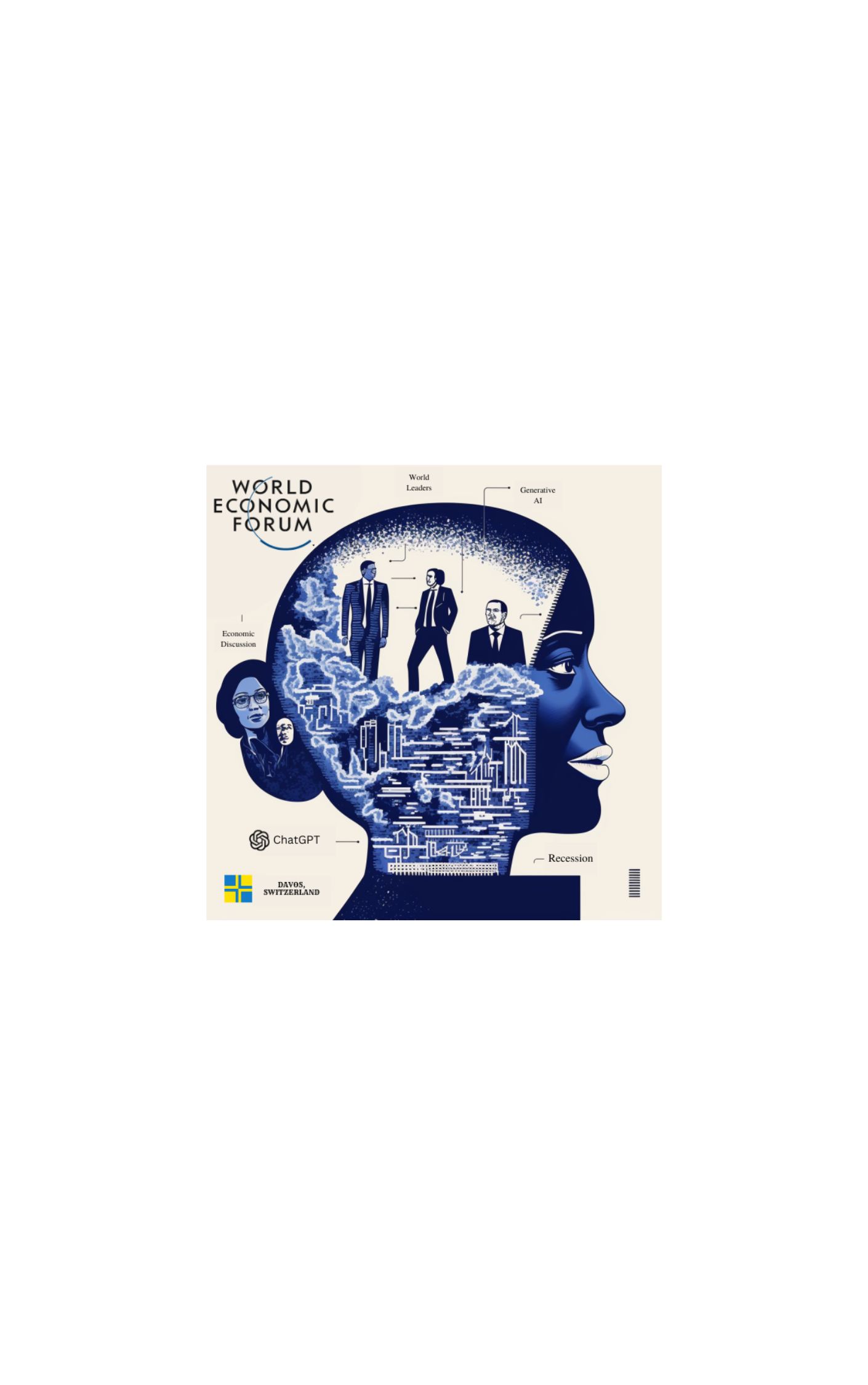As the world's leaders gather at the World Economic Forum's annual meeting in Davos, Switzerland, the topic of generative artificial intelligence (AI) and its potential applications and implications are at the forefront of discussions. One AI technology in particular, ChatGPT, developed by startup OpenAI, has caught the attention of business leaders and executives. The tool attracted a million users in just 5 days, the fastest rate of any technology product.
Microsoft, with a $1 billion investment in OpenAI, plans to market ChatGPT to its cloud-computing customers and integrate it into their existing products, such as Bing. Other companies, such as Cloudflare and Palantir Technologies, are also exploring the potential uses of generative AI in their respective industries. ChatGPT's potential uses range from being a programming assistant to providing an advantage in the global race for AI and military supremacy.
The Davos meeting not only brings together influential leaders from politics, business, and international organisations but also serves as an opportunity for networking and discussing potential collaborations and partnerships. The discussions at the meeting can have a significant impact on the global economy and society. The WEF has released a survey conducted among chief economists, which states that two-thirds of private and public sector chief economists surveyed expect a global recession in 2023. The survey highlights concerns about the current high inflation, low growth, high debt, and high fragmentation environment, which reduces incentives for the investments needed to get back to growth and raise living standards for the world's most vulnerable.
In light of these concerns, it is important for companies and investors to keep a close eye on the advancements and developments in generative AI and its potential uses in various industries. While the future may be uncertain, investing in technologies like ChatGPT could prove to be a strategic move in the long run.













